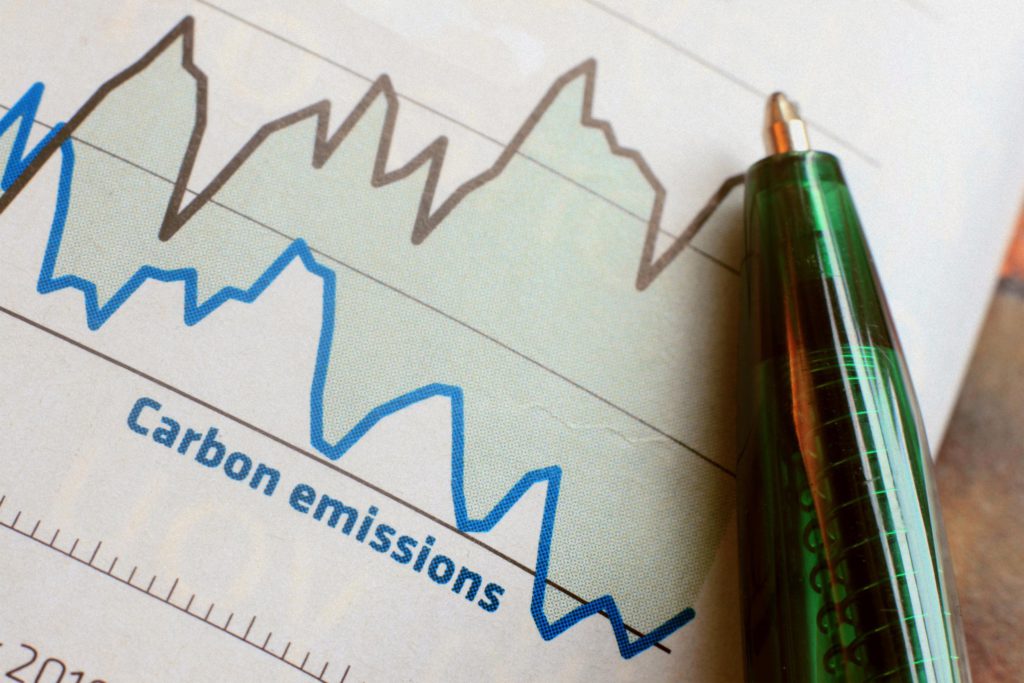UK WLTP taxation review outlines new company car rates
11 July 2019

11 July 2019
The UK Government will reduce company car tax rates following a review of the impact of the introduction of WLTP from April 2020.
In its 2018 Budget announcement, the Government announced its review, which would seek evidence on the impact of WLTP on reported CO2 emissions and views on whether changes are required to Vehicle Excise Duty (VED) and company car tax rates. This followed an announcement in 2017 that VED would be calculated using WLTP CO2 levels for cars registered after April 2020.
WLTP aims to be more representative of real-world driving conditions than the previous test known as the New European Driving Cycle (NEDC). As a result, reported emissions are higher for most cars, which will impact VED and company car tax rates once WLTP figures are used.
During its review, the Government received responses providing data showing increases in CO2 values ranging from 7% to 40%. Therefore, WLTP values do not match NEDC values in a uniform way. While difficulties exist when drawing firm conclusions due to the range of impacts, evidence provided through the review suggests that, on average, WLTP results see emissions figures rise by 20-25% compared to NEDC figures. Cars with smaller engines, and therefore lower emissions, see above-average increases, while those with higher emissions are not impacted to the same extent.
Company car tax
The government review suggests that the impact of WLTP is greatest for company cars, in part due to the structure of the taxation bands, which are more sensitive to changes in CO2 emissions.
Therefore, companies with vehicles registered before 6 April 2020 will see their company car tax (CCT) bands being frozen at the 2020/21 rates until 2022/23. New company cars registered after 6 April 2020 will also be rewarded with a two-percentage-point tax cut and all zero-emission company cars will be tax exempt.
After the two-percentage-point decrease in 2020/21, CCT rates will then increase by one percentage point in 2021/22 and 2022/23. The Government has also confirmed that it will aim to announce appropriate percentages at least two years ahead of implementation to provide certainty for employers, employees and fleet operators.
′Recognising the value of the company car market in supporting the transition to zero-emission technology is also a positive endorsement for our sector, showing refreshing alignment between government’s environmental and fiscal policies,’ said BVRLA director of Policy and Membership, Jay Parmar.
VED rates
For general vehicle taxation, the Government has decided to retain the existing VED rates following the introduction of WLTP from April 2020.
While it acknowledges that WLTP could impact VED liability for individuals purchasing a new car from that time, it believes that most motorists will see tax changes that represent only a small proportion of a car’s total cost of ownership.
Equally, motorists could choose to adjust their purchasing decision by choosing a model with lower, or zero emissions.
A call for evidence will be published later this year, seeking views on moving towards a more dynamic approach to VED that recognises changes in reported CO2 emissions.